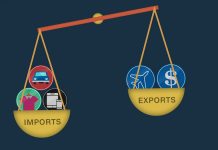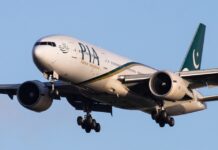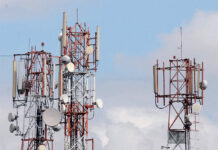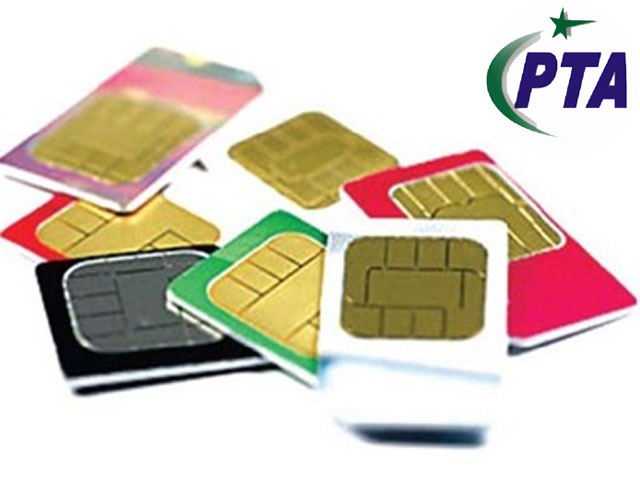The mobile operators have submitted their tax proposals for the upcoming federal budget, stressing to bring it at par with GST 17 per cent, like the rest of the sectors, reducing the withholding tax to 12pc and the abolition of SIM activation tax.
The budget proposals were submitted along with the world representative body of mobile operators, GSMA, and recommendations asking the government to reduce taxes on smartphones and services in the upcoming federal budget, in order to kick start connectivity to the digital future in Pakistan.
Addressing a seminar, GSMA-Asia-Pacific Public Policy Manager Henry Parker said that the current sales tax and federal excise duty (FED) are charged at higher rates (18.5-19.5 per cent) for mobile services. in comparison to others. The rates should be harmonised at 17 per cent. This would help to make services and phones more affordable for the masses.
The Rs 250 SIM tax places a cost barrier in the way of acquiring a mobile that is imposed regardless of its ability to pay. It should be abolished. Mobile consumers pay more withholding tax than the consumers of any other sector. Many cannot reclaim what they pay as they don’t file a tax return. This tax makes mobiles less affordable for the poor of the society. It should be reduced and reformed.
“Mobile Broadband is growing in Pakistan, and the government is rightly investing in new networks in rural areas,” said Parker, adding “However, all citizens must be able to afford to use these networks. Prices in Pakistan are already among the lowest in the world. So to boost the uptake, the government must relieve some of the tax burdens it imposes on consumers in the upcoming budget.”
The GSMA has made three core recommendations for consideration as part of the upcoming budget. All of them aim to ensure that mobile usage is taxed in the same way as other goods and services are taxed and that it is not singled out for high rates as if it were a ‘luxury’.
The GSMA report sets out a number of measures that Pakistan will need to take in order to close the digital divide in the country and reach its Vision 2025 goals. In a white paper prepared by GSMA Intelligence, supported by Deloitte, it identified that only 47 percent of the population subscribe to a mobile service, and only 10 percent subscribe to a 3G or 4G data service.
There is a well-defined link between increased investment, GDP and job creation through the wider use of mobile and investment in networks. Introducing just one reform, such as reducing sales tax and FED could deliver US$2.8 billion in additional GDP growth by 2021, he added.
The report says, despite the government’s intentions laid out in Vision 2025, it is forecasted that the total number of mobile subscribers will only grow by 5 per cent by 2020. More worryingly, in a country where 99 per cent of people rely on mobiles to access the internet, up to 48 per cent of Pakistanis are expected to be without a mobile subscription in 2020.
The key reason is affordability. In a recent survey of 1000 Pakistanis, 57 per cent who own phones, but don’t connect to the internet, said the main reason was that smartphones are too expensive. 42 per cent said the cost of a data plan was a major inhibitor. For the poorest 20 per cent, owning and using a mobile might cost as much as 20 per cent of their annual income.
The government has a major role to play in addressing this problem since 31 per cent of the total costs of acquiring and using a mobile are accounted for by taxes levied by it.
























